Octreotide Acetate CAS:83150-76-9
Octreotide acetate is utilized for the treatment of several medical conditions, primarily those associated with hypersecretion of hormones or neuropeptides. Its mechanisms of action include inhibiting the release of growth hormone, insulin, glucagon, and other gastrointestinal hormones, as well as reducing blood flow to specific organs and inhibiting the secretion of digestive enzymes. The medication is available in various formulations, including subcutaneous, intramuscular, and intravenous injections, and long-acting release formulations for extended duration of action. The choice of formulation depends on the specific medical condition being treated and the desired pharmacokinetic profile. One of the primary uses of octreotide acetate is in the management of acromegaly, a disorder characterized by excessive growth hormone production. By suppressing the release of growth hormone, octreotide acetate helps control the symptoms and complications associated with acromegaly, such as soft tissue swelling, joint pain, and organ enlargement. Additionally, octreotide acetate is indicated for the management of carcinoid syndrome, a group of symptoms caused by neuroendocrine tumors, particularly those originating in the gastrointestinal tract and lungs. It can alleviate symptoms such as diarrhea, flushing, and wheezing, which are triggered by excessive production of serotonin and other vasoactive substances. Furthermore, octreotide acetate has been employed in the treatment of certain types of neuroendocrine tumors, including those of the gastrointestinal tract, pancreas, and lungs. By inhibiting the release of various hormones and peptides that contribute to tumor growth and symptoms, octreotide acetate can help manage the clinical manifestations of these tumors and may also exert antiproliferative effects. While generally well-tolerated, octreotide acetate may be associated with adverse effects such as gastrointestinal disturbances, gallstone formation, and alterations in glucose metabolism. Patients receiving octreotide acetate should be monitored for these potential side effects, and appropriate supportive care should be provided as needed. In summary, octreotide acetate serves as a valuable therapeutic option in the management of conditions characterized by abnormal hormone secretion, particularly in the context of neuroendocrine tumors and related syndromes. Its ability to modulate multiple hormonal pathways makes it an essential component of the treatment armamentarium for these complex and diverse medical conditions. Close collaboration between healthcare providers and patients is crucial for optimizing the use of octreotide acetate and achieving favorable clinical outcomes.



| Composition | C49H66N10O10S2 |
| Assay | 99% |
| Appearance | white powder |
| CAS No. | 83150-76-9 |
| Packing | Small and bulk |
| Shelf Life | 2 years |
| Storage | Store in cool and dry area |
| Certification | ISO. |


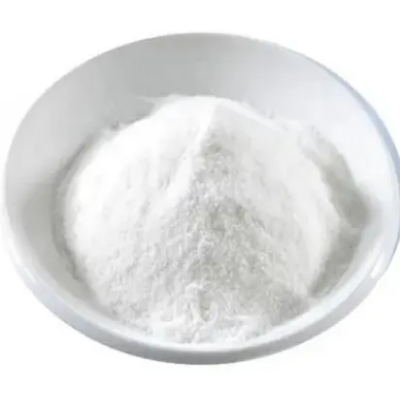

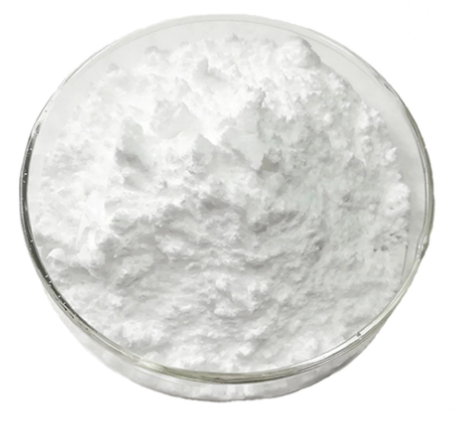
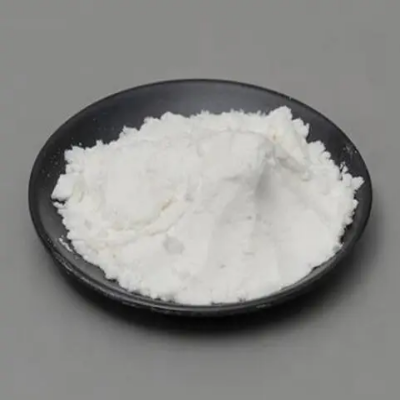
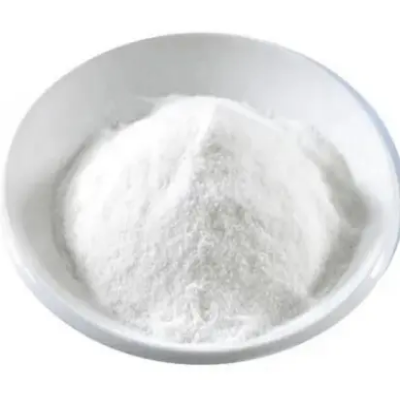
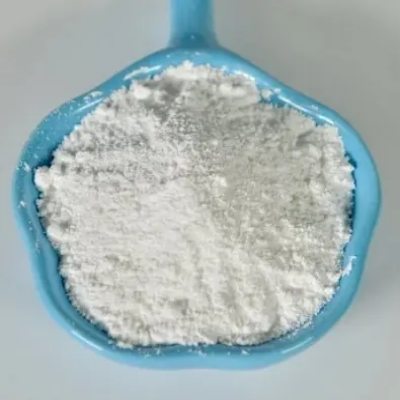
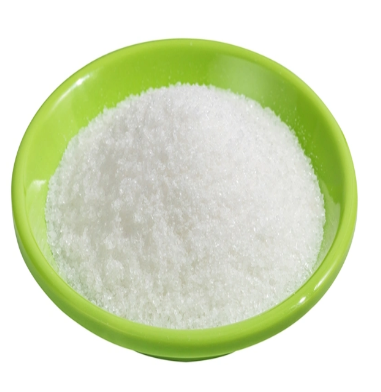
![1-[ethoxy(methylsulfanylmethyl)phosphoryl]oxyethane CAS:28460-01-7](https://cdn.globalso.com/xindaobiotech/@LXIVIBPRLO53RUL5FBL7H713.png)